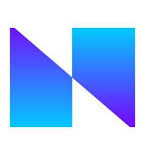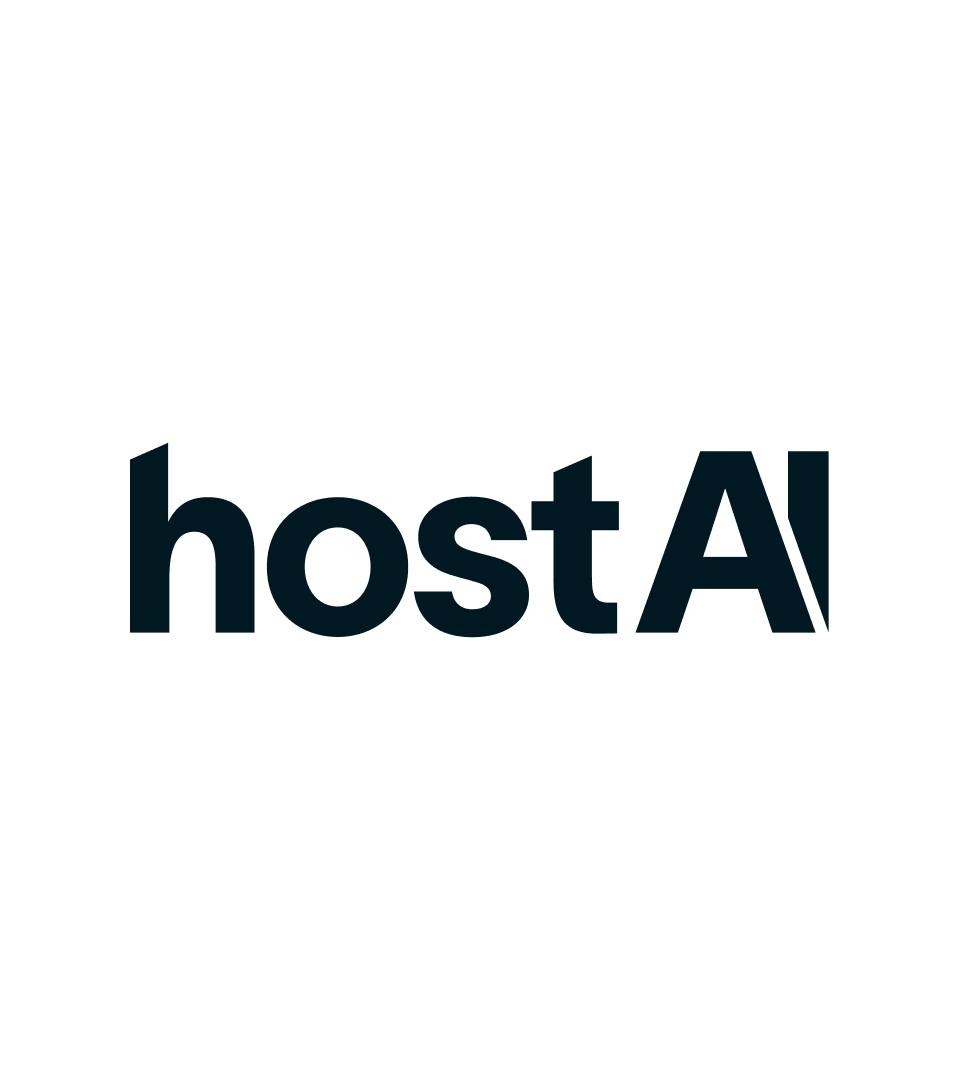These days, it feels almost impossible to check the news without running into stories about artificial intelligence. Even though it feels like a modern new shiny object – popping up in conversations and overcrowding headlines – its roots actually go back to 1950, when Alan Turing introduced the idea that machines could imitate human thinking, famously tested in what we now call the Turing Test.
Looking back, the progress and acceptance of AI have been incredible. In 2017, only around one-fifth of companies were using it in their products or day-to-day operations. But if you compare that to now, 82% of businesses are either applying AI or planning to adopt it soon. This shift isn’t confined to any one region, either—on a global scale, AI adoption has jumped to 72%, up from roughly half just a few years ago.
A big reason behind this jump lies in platforms like OpenAI’s GPT-4 and Google’s Gemini, which have brought generative AI into the spotlight. These tools help companies improve their processes and upgrade the experiences they offer customers. Streamlining tasks, introducing smarter systems, and discovering new growth possibilities have impacted industries such as healthcare, finance, supply chain management, and marketing.
As we step into 2025, there’s no denying that AI is now more than a nice-to-have. Businesses are taking action and tapping into its potential to make real progress. Even though the technology will undoubtedly remain a hot topic (and we might feel swamped by the never-ending buzz), the way it’s been adopted so widely coming into this year definitely deserves some recognition.
With that in mind, here are 10 companies that are making smart use of AI to innovate and offer practical solutions to real-world challenges:

Fracttal
Fracttal uses AI to power its industrial maintenance software, processing millions of assets and transactions daily.
They’ve secured a $10 million investment from Kayyak Ventures, Seaya Ventures, Scale Capital, GoHub, and Global Omnium to expand their AI capabilities. By adding smart features to their platform, they aim to transform the way companies track and maintain physical assets across multiple sectors.

GoodGist
GoodGist focuses on creating autonomous AI agents that handle daily tasks like email management, report generation, and candidate screening.
Their goal is to simplify workloads using advanced reasoning, all without requiring users to have deep technical knowledge. This approach, often called “Agentic AI,” helps businesses streamline processes and save time for more strategic activities.

Kryterion
Kryterion integrates responsible AI into its certification and assessment platform, ensuring online exams remain secure and fair. With over 20 years of experience and multiple patents, the company offers innovative tools to validate skills.
Its system follows industry standards like ANSI and NCCA, blending AI technology with proven testing methods.

Transmetrics
Transmetrics recently introduced Fleetmetrics, an AI-driven fleet management tool designed to eliminate manual spreadsheets and repetitive data entry.
By automating daily tasks and optimizing schedules, the platform helps businesses make faster, data-based decisions. As a result, they see improved operational efficiency and more effective planning in their logistics processes.

Nisum
Nisum’s TrendTech uses AI to analyze consumer behavior and predict future retail trends. This solution helps retailers keep the right items in stock and personalize shopping experiences.
By aligning inventory with true demand, businesses can minimize overstock issues and ensure customers find what they need, when they need it.

QuickBlox
QuickBlox launched a HIPAA-compliant chatbot that uses AI to improve communication in the healthcare sector.
Their SDKs and APIs enable hospitals to develop telehealth platforms that protect patient data while reducing wait times. This secure approach to virtual care offers a faster, more convenient way for patients to access medical support.

hostAI
hostAI helps short-term rental (STR) brands improve their direct bookings by boosting their website capabilities with AI, whether for drafting engaging content or delivering SEO solutions.
As these companies seek to move away from third-party booking spaces to become fully independent, hostAI’s service is opening the door for 2025 to bring higher growth through innovation and smart enhancements.

Ribbon
Ribbon leverages AI to speed up and simplify inheritance claims, allowing credit unions to handle the process digitally. By automatically processing documents like death certificates, banks spend less time finalizing estates.
This saves deposit-operations teams valuable hours and helps retain funds that would otherwise move elsewhere.

Cadient
Cadient employs an “augmented intelligence” model for recruiting hourly workers. Instead of replacing recruiters, their AI swiftly filters applications, looking for traits that match top performers.
Hiring managers can then focus on interviewing promising candidates, ensuring a fair, bias-reduced approach while saving time and resources.

Making Sense
Making Sense works with midmarket companies to improve operations using AI-powered solutions. By centralizing data and processes, they help businesses make quicker, better-informed decisions without adding extra staff.
This approach leads to streamlined operations, improved margins, and the ability to scale in a sustainable way.

Disclosure: This article includes a client of an Espacio portfolio company.












